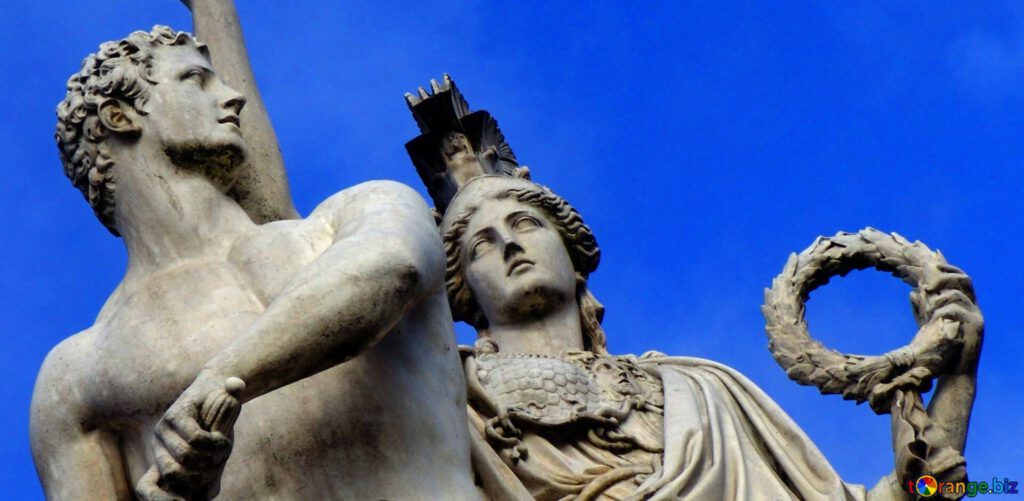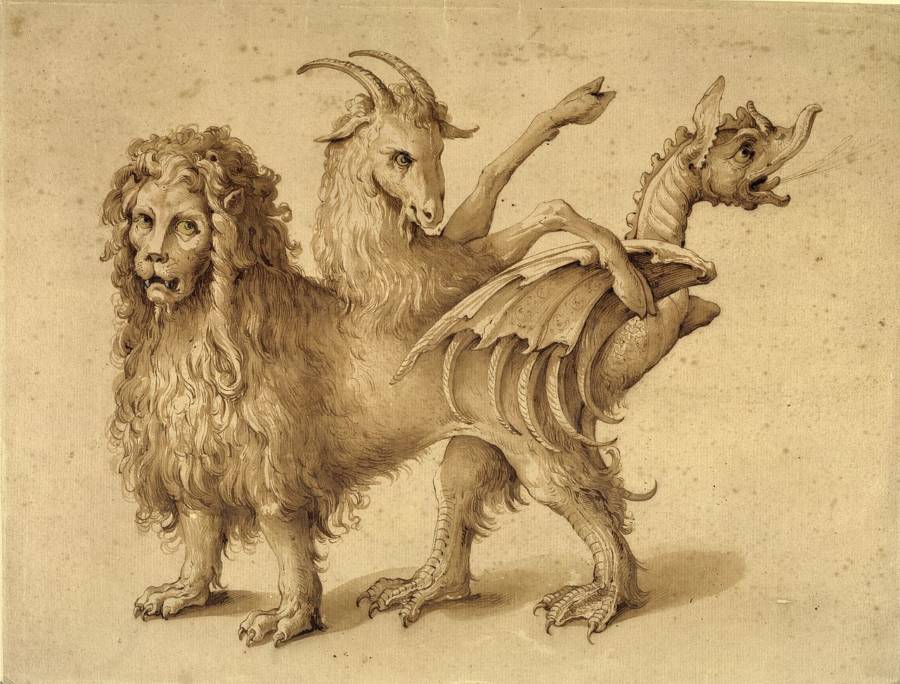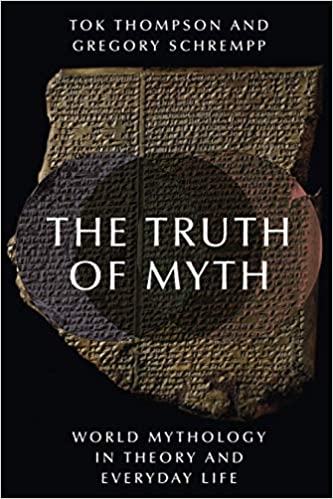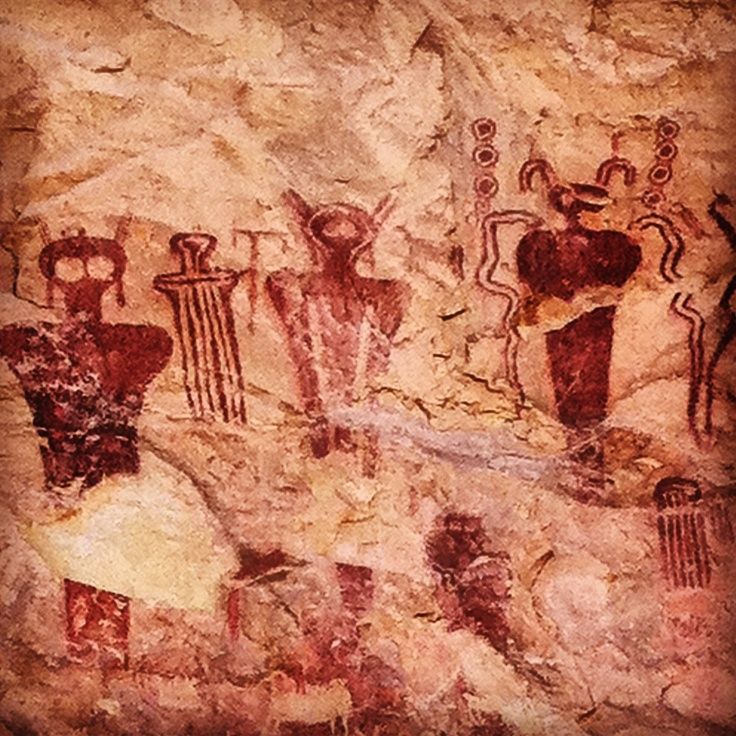Have We Misunderstood the Science of Mythology?
By Maria Anna van Driel, www.medium.com
Mythology is an artistic performance, so, yes, this study overlaps the ART in STE(A)M.

Once our whilom Earth saw an evolution in where people across oceans and vast tracts of land to then step onto and conquer, the territory of others. This sounds to grisly moments in history but this has not always been done with war-like thoughts and aggression. Many ancient civilizations have ‘conquered’ an uplifting and rich knowledge through sacred storytelling, aka Mythology and Folklore which express the beliefs and values about these subjects held by a certain culture, including our own.
Whether the story told lies in the framework of sacred symbolism drawn on the wall of a cave, the historical events shown in a documentary or, in science fictional movies, stories always brought the transformation of people’s surroundings into something else, something more than what was physically in front of their eyes.
In this I do not mean the entertainment that is produced for us, and that we consume. I mean the stories that are playing out in the midst of your life and that need to be told. The sacred story that unfolds in the ordinary moments, and in the midst of the joy and tragedy of being alive. Because yes, sacredstories are far from being a thing of the past.
Storytelling was of great importance to many civilizations from the past. Nowadays we tend to think of ‘stories’ being a 10 minute bed-time-story about fictional worlds and its habitants for our children to enter a dreamy world. But, storytelling is still holding this same importance, its meaning and our traditions which are often best conveyed not by theological statements or scholarly arguments, but by simply telling them.
Through storytelling, the “other” becomes real, human, and knowable, and barriers between seemingly separate individuals are erased. Stories can open our hearts in a way that few things can. They teach us about our origin both psychical and spiritual.

Why is the study of Mythology, Myth and Folklore important?
Regrettably, storytelling is often overlooked in contemporary education. Unusual or surprising, as it might sounds to those who tend to think of ancient stories falling in the remit of being ‘cinematic’, but mythology is an artistic performance, so, yes, this study overlaps the ART in STE(A)M.
The study of myth with its storehouse of narratives and images can help guide us by facilitating our personal and collective transition into a more vibrant reality. Myth reveals the unconscious narratives of both past and present, making the study of myth vitally important to our time and thus young people.
“If we think of myths as existential or fundamental stories—stories that without which we would not be us— this allows us to view mythology both in past and in present times, and to distinguish these stories from the wider term of “religion.” Anthropologist and Associate Professor at the University of Southern California, Tok Thompson says.
“All religions have myths, and as far as I’m aware—creation stories of how, for instance, people came to be. Myths can be distinct from institutional religion.”
By telling our story, whether it be adapted from a folk tale, sacred text, or a personal experience, we draw upon what can be considered as “the Torah of our lives” – the sacred text that lives within us all. Storytelling, like music and other creative endeavors, is a way to break through analytical modes of understanding.
In the books “The Truth of Myth” and “The Ancient Mythology of Modern Science: A Mythologist Looks (Seriously) at Popular Science Writing” the authors explore and argue that mythology, like science, is a means for approaching “truth”, and that mythology, through its powerful narratives shapes the sort of questions they ask, and the categories they assume to be natural.
“Myths are very much a part of our present day lives”, Professor Thompson explains. “Both myths in Western culture (like Jehovah creating the world, and mankind, or even of Ancient Aliens coming down and crafting our world), and those outside of Western culture (say, Native American myths, which are still very strong for many groups today— or indeed, in just about any non-Abrahamic tradition in the world.”
Pre-historic cave paintings, etchings in stone, tombs, and monuments, they all suggest that, long before human beings set down their myths in words, they had already developed a belief structure corresponding to the definition of `myth’.
The study of mythology is something we should encourage young people to enroll. Not only because this key-unlocking scientific field is exploring the interpretation of traditional and sacred tales of a culture, aka myths or, the collection of such stories which deal with various aspects of the human condition, it also express the beliefs and values about these subjects held by a certain culture and addresses the meaning of life and death, the afterlife and the gods or a god. So, what one might call ‘cinematic storytelling’ in the present day was of great importance to ancient civilizations.
In this we may say that both Mythology and the (sacred) stories told, are the origin of the, philosophical, life questions we are still asking ourselves. I wonder if this why they are still so powerful today?
A personal thought
Personally, I think that we have become this remote from the, or any, “truth” lies in the rapid evolution of artificial technologies creating a form of ‘creative laziness’. I mean, once we created our world(s) by voicing our thoughts, dreams and (spiritual) experiences. Today we accept the avalanche of information we read on this electronic highway, aka internet, without giving it a second thought. Creativity has almost disappeared from our existence and thus this world what once connected us with ourselves, other humans and animals on a psychological level. Sadly, but today we are being ridiculed, rejected, when expressing the believe in, for instance, the Akashic records. Why, because dozens of articles have written it all in this box what is labeled “Crap Factor”.
Still, these same people who call it, among others, ‘hypothetical nonsense’ do apply mathematical equations to their theories in order to proof the correctness of it. But, did you know that math is Mother nature’s logical philosophy on chaos what, in turn, seems to connect every species on both this planet and in the universe?
With my humble knowledge in Mythology, I am pretty sure that we can find several ancient stories speaking of such a connection which can be connected to, for instance, the Pythagorean Theorem.
Hum, it seems that we are allowed to remove this silly label from that infamous box after all.


